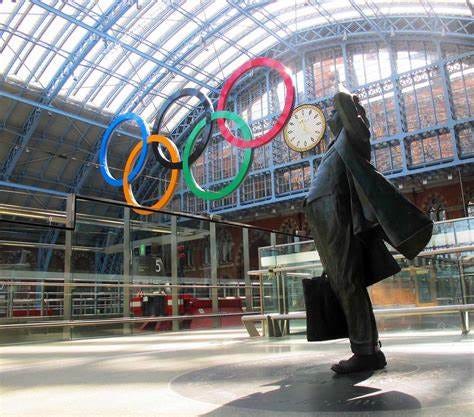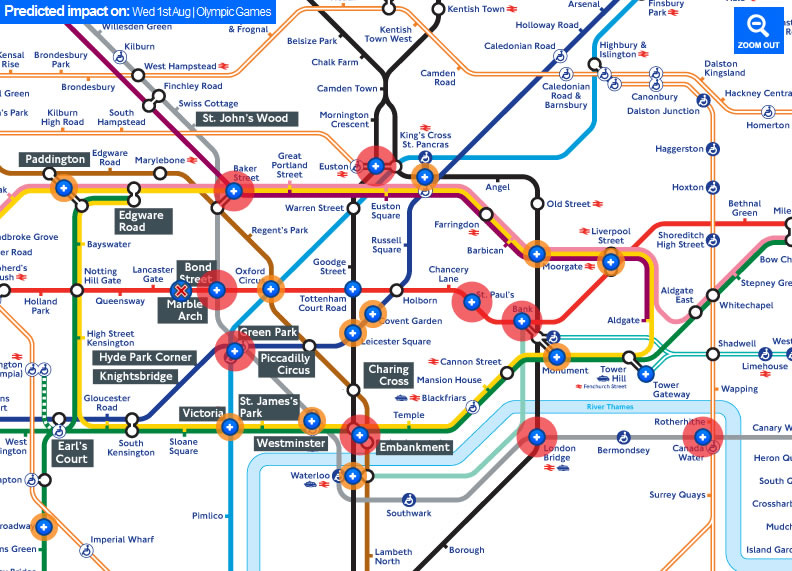Mobility Matters Daily #118 - An Olympic special
Well, Team GB have just won 3 Golds after all...
Good day friend.
Another quickie today. No rest for the wicked and all that jazz. So lets get on with it.
James
The legacy of an Olympics is complicated
In case you hadn’t noticed, Japan is hosting a bit of a sporting get-together at the moment called the Olympic Games. So now is an opportune time to reflect on the lessons learned for planning for transport for such a major event. A popular outcome is being a catalyst for urban regeneration - and consequently creating new or different trips in the long term. Interestingly, even for games where the overall perception is that it was a bad thing for the city to host, improvements to public transport are seen to be a good thing. Having said that, there is evidence from some cities that showed that public transport was reorganised in a way that did not benefit the poorest.
But, ultimately, does it work? There is no hard and fast answer to be honest. Host cities host the Olympics for different reasons. Some want it for prestige. Others want to regenerate deprived areas. Others want infrastructure. Others want it to be sustainable. There is a lot of research on the impact of the Olympics on transport, but little consensus on whether hosting the games is actually a good thing. Although there is consensus on what specific Games did transport well and did transport poorly - here’s looking at you Atlanta.
One of the things that makes the Olympics stand out compared to, lets say, several thousands of fans going to and from major stadiums for 92 football clubs every weekend for 9 months is that of the legacy. The main legacies of the London Games included boosting capacities on major rail routes, expanded stations in East London, new codes of practice for freight deliveries, and the extension of the cycle hire scheme. Its not been perfect by any means, but this planning with impact. Visiting the new Stratford Station whilst taking the train to Southend several weeks ago, with all of the regeneration that has taken place in the area since the 2012 Olympics, shows how powerful that can be.
Visualisation of the day
A blast from the past, this. This map shows a journey planner, created for the 2012 Olympics, that predicted where the busiest station on the London Underground network would be on any given day. According to the BBC, on 1st August there was Archery, Badminton, Basketball, Beach Volleyball, Boxing, Canoe Slalom (at Lea Valley), Cycling - road, Diving, Fencing, Football (not just in London), Gymnastics, Handball, Hockey, Judo, Rowing (at Eton Dorney), Sailing (at Weymouth), Shooting, Swimming, Table Tennis, Tennis, Volleyball, Water Polo, and Weightlifting. In case you were interested.
Source: EasyExPat
If you do nothing else today, do this
Read this very good study by England’s Economic Heartland on how travel patterns as a legacy of the COVID-19 pandemic could release road capacity.


